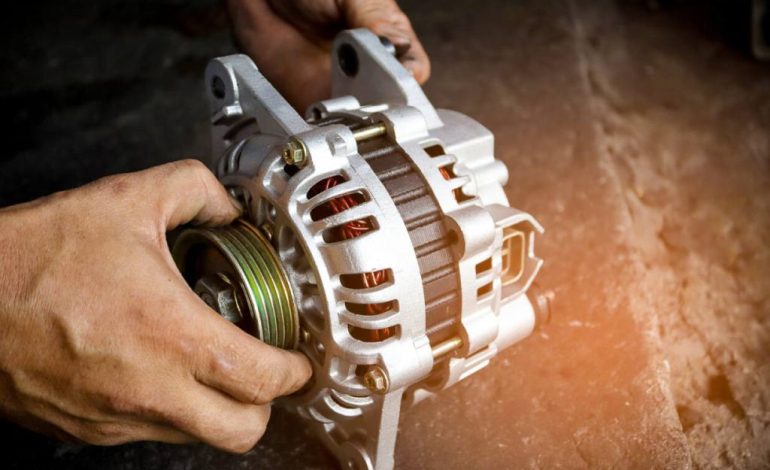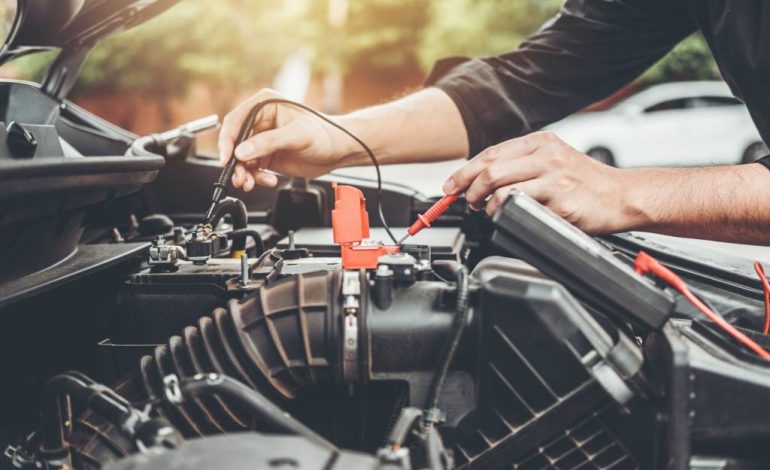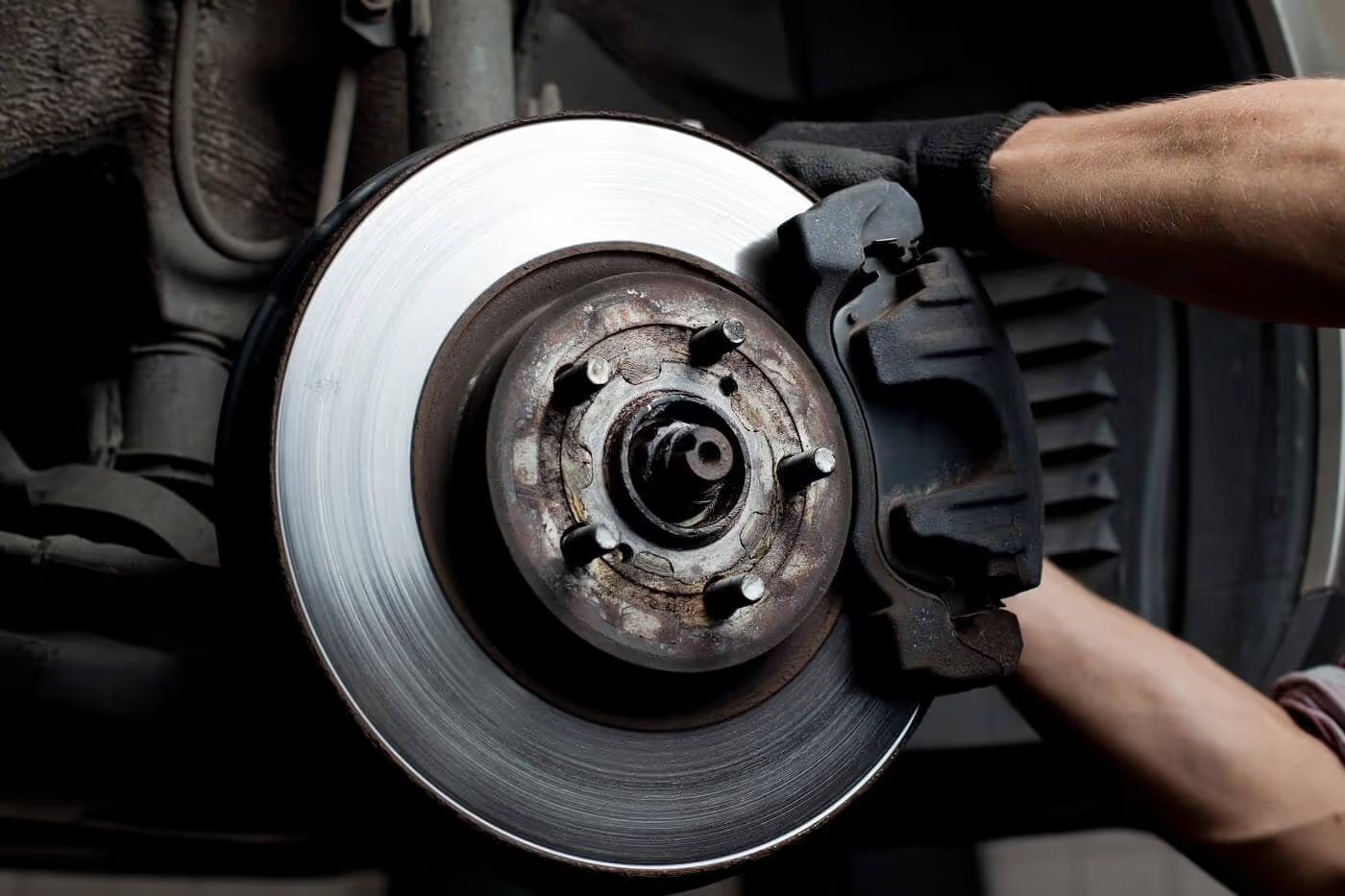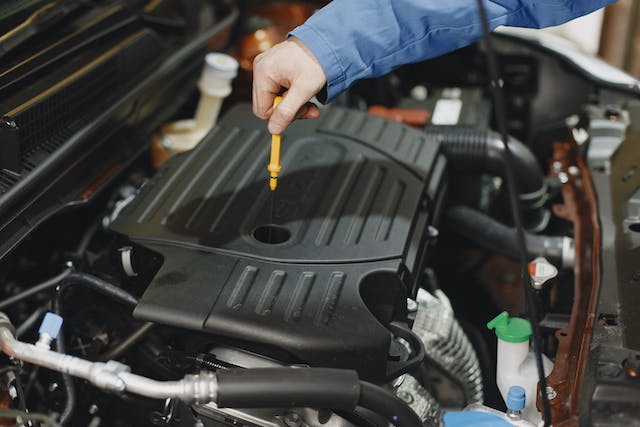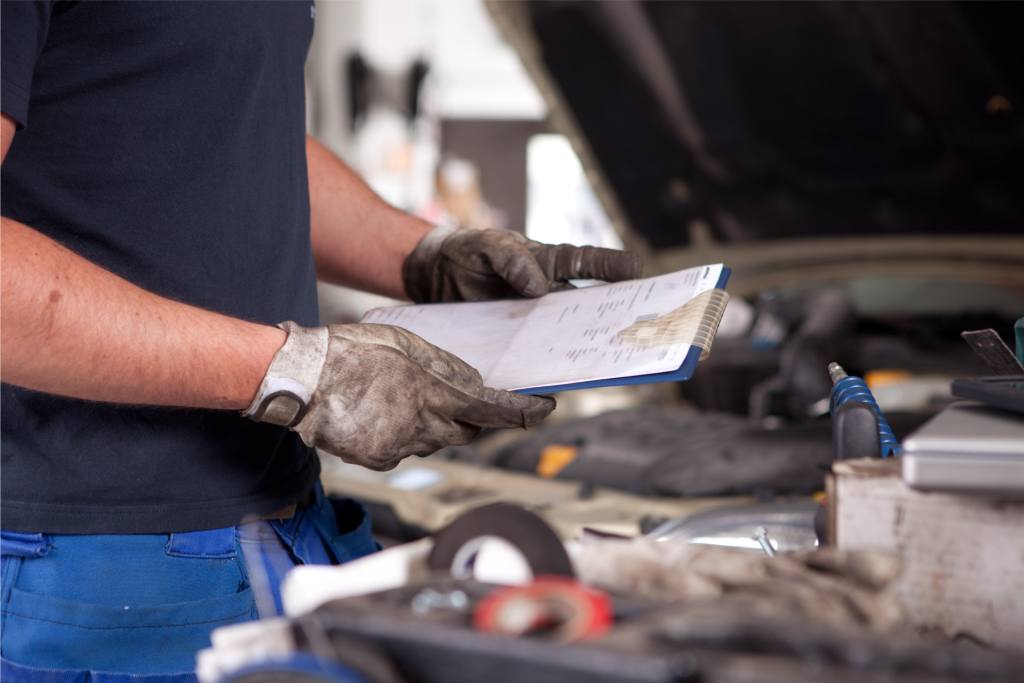How Scheduled Maintenance Helps Extend the Life of Your Vehicle
George
- August 25, 2024
- 4 min read

Owning a vehicle is a significant investment, and like any investment, proper care and maintenance are essential to preservation and longevity. Scheduled maintenance refers to routine services and inspections recommended by the manufacturer to ensure that a vehicle operates efficiently and safely throughout its life. Understanding how this systematic approach contributes to extending the life of your vehicle can help car owners make informed decisions regarding their maintenance routines.
Preventing Major Issues Before They Arise
One of the most important advantages of scheduled maintenance is its ability to prevent major mechanical issues before they can develop into serious problems. During routine inspections, mechanics can identify wear and tear on critical components, such as brakes, belts, and fluids. Early detection of small issues can save both time and money, as it typically costs less to repair minor problems than to address significant failures later on. For instance, neglecting to replace worn brake pads can lead to damage to the rotors, resulting in a much more expensive repair. By adhering to a scheduled maintenance plan, car owners can catch these issues early, prolonging the overall lifespan of their vehicles.
Improving Fuel Efficiency
Another way scheduled maintenance contributes to extending the life of a vehicle involves improving fuel efficiency. Regular services, such as oil changes, air filter replacements, and tire rotations, help ensure that the vehicle operates at its best. When a car runs efficiently, it consumes less fuel and reduces wear on the engine, leading to better overall performance. Conversely, neglecting maintenance can lead to clogged filters, old oil, and misaligned tires, all of which can strain the engine and other components. Maintaining optimal fuel efficiency not only prolongs the life of the vehicle but also saves money at the gas pump.
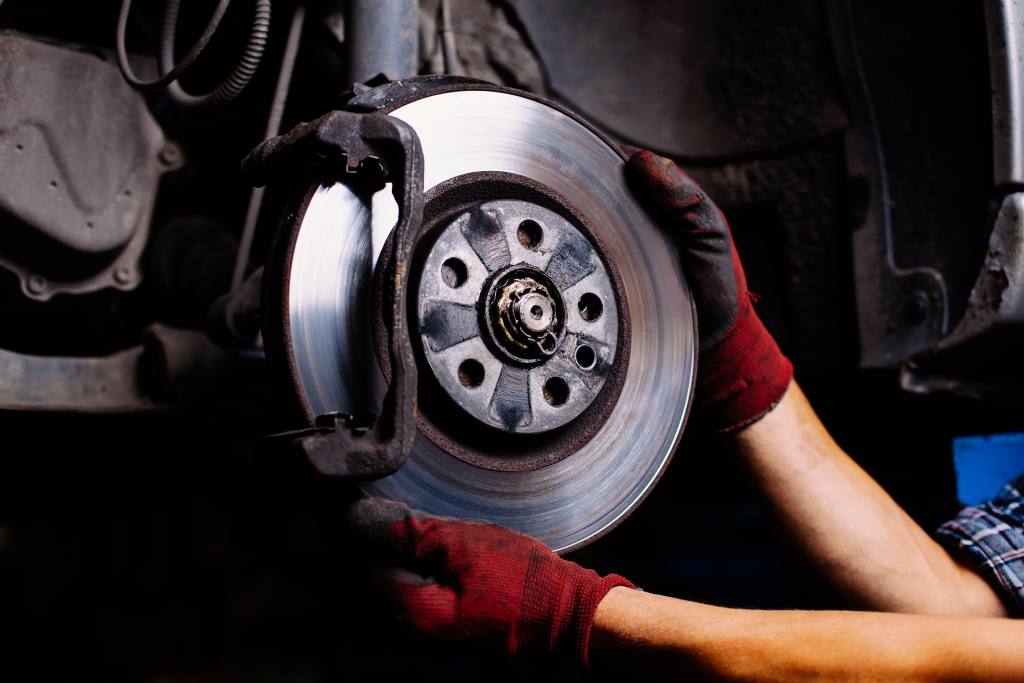
Maintaining Proper Fluid Levels and Quality
Scheduled maintenance includes checking and replacing essential fluids, such as engine oil, transmission fluid, coolant, and brake fluid. Each of these fluids plays a critical role in ensuring the vehicle operates smoothly and efficiently. For example, engine oil lubricates moving parts, reducing friction and heat. Over time, oil can break down and become less effective, necessitating a change to maintain engine health. Coolant helps regulate temperature, and low levels can lead to overheating, potentially damaging the engine. Regularly checking and changing fluids as part of a scheduled maintenance routine protects these crucial systems, ultimately extending the life of the vehicle.
Enhancing Safety Features and Performance
A well-maintained vehicle is also a safer one. Scheduled maintenance ensures that critical safety components, such as brakes, tires, and lights, are functioning properly. Routine inspections help identify issues like worn brake pads, low tire tread, or malfunctioning lights, which can significantly enhance safety on the road. Mechanics can also perform alignment and suspension checks to ensure that the vehicle handles well and provides a smooth ride. By addressing safety concerns proactively, scheduled maintenance not only contributes to the vehicle’s longevity but also prioritizes the safety of everyone on the road.
Preserving the Vehicle’s Resale Value
For car owners considering selling or trading in their vehicles in the future, scheduled maintenance plays a crucial role in preserving resale value. A vehicle with a documented history of regular maintenance often commands a higher selling price compared to one that lacks maintenance records. Potential buyers tend to prefer vehicles that have been well cared for, as they can feel more secure in their investment. Keeping detailed records of scheduled services can give car owners a competitive edge in the market when it comes time to sell.
Conclusion
Scheduled maintenance is essential for extending the life of any vehicle. By preventing major issues, improving fuel efficiency, maintaining essential fluid levels, and enhancing safety features, routine care helps ensure that cars run smoothly and reliably for years. Additionally, a history of scheduled maintenance can help preserve resale value, making it a financially smart choice in the long run. Car owners should prioritize regular maintenance according to their vehicle’s manufacturer recommendations. By doing so, they not only protect their investment but also create a safer driving experience for themselves and others. Regularly scheduled maintenance is the key to maintaining a vehicle’s performance, reliability, and overall lifespan.

